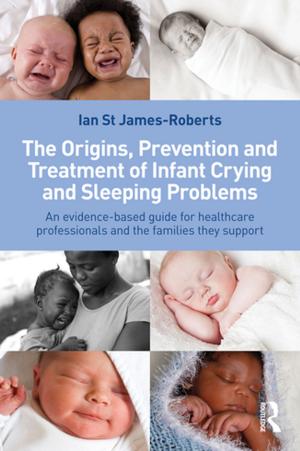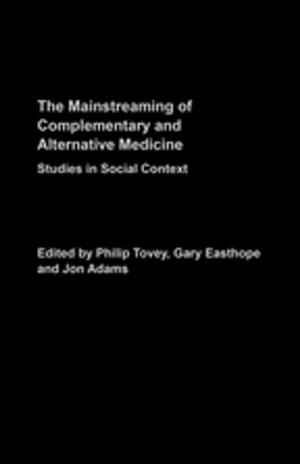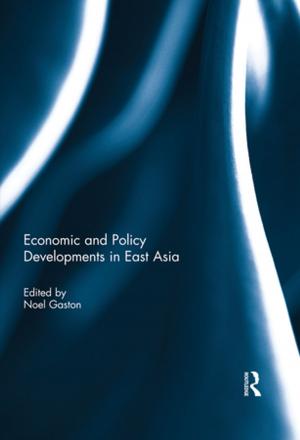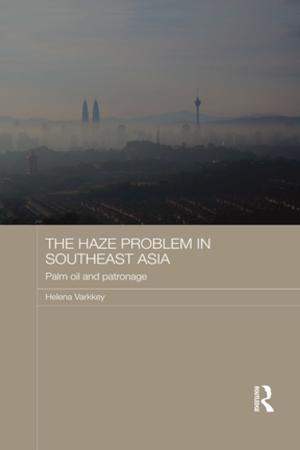| Author: | Penny Bernstock | ISBN: | 9781317085898 |
| Publisher: | Taylor and Francis | Publication: | May 13, 2016 |
| Imprint: | Routledge | Language: | English |
| Author: | Penny Bernstock |
| ISBN: | 9781317085898 |
| Publisher: | Taylor and Francis |
| Publication: | May 13, 2016 |
| Imprint: | Routledge |
| Language: | English |
One of the distinguishing characteristics of London's bid to host the games was its commitment to legacy where it was argued that ’the legacy would lead to the regeneration of an entire community for the direct benefit of everyone who lives there’. This book adopts a critical approach to the concept of 'legacy' focussing specifically on housing. It argues there will be a range of both intended and unintended legacy outcomes and an urgent need for revised strategies if those original objectives are to be achieved. The concept of legacy is explored in a number of ways, including an overview of housing legacy in other host cities; the experiences and perspectives of those residents decanted to make way for the Olympic Park; a critical review of legacy plans; a detailed analysis of the conversion of the Athletes’ Village into housing; and a case study of the emerging area ’Stratford High Street’, which explores issues of social class change and the limitation of planning policies. Whilst taking housing as its focus, this book adopts a sociological perspective by exploring the likelihood of social class change in order to draw conclusions about 'gentrification', 'social polarisation' and the extent to which 'social inclusion' is reflected in housing legacies.
One of the distinguishing characteristics of London's bid to host the games was its commitment to legacy where it was argued that ’the legacy would lead to the regeneration of an entire community for the direct benefit of everyone who lives there’. This book adopts a critical approach to the concept of 'legacy' focussing specifically on housing. It argues there will be a range of both intended and unintended legacy outcomes and an urgent need for revised strategies if those original objectives are to be achieved. The concept of legacy is explored in a number of ways, including an overview of housing legacy in other host cities; the experiences and perspectives of those residents decanted to make way for the Olympic Park; a critical review of legacy plans; a detailed analysis of the conversion of the Athletes’ Village into housing; and a case study of the emerging area ’Stratford High Street’, which explores issues of social class change and the limitation of planning policies. Whilst taking housing as its focus, this book adopts a sociological perspective by exploring the likelihood of social class change in order to draw conclusions about 'gentrification', 'social polarisation' and the extent to which 'social inclusion' is reflected in housing legacies.















